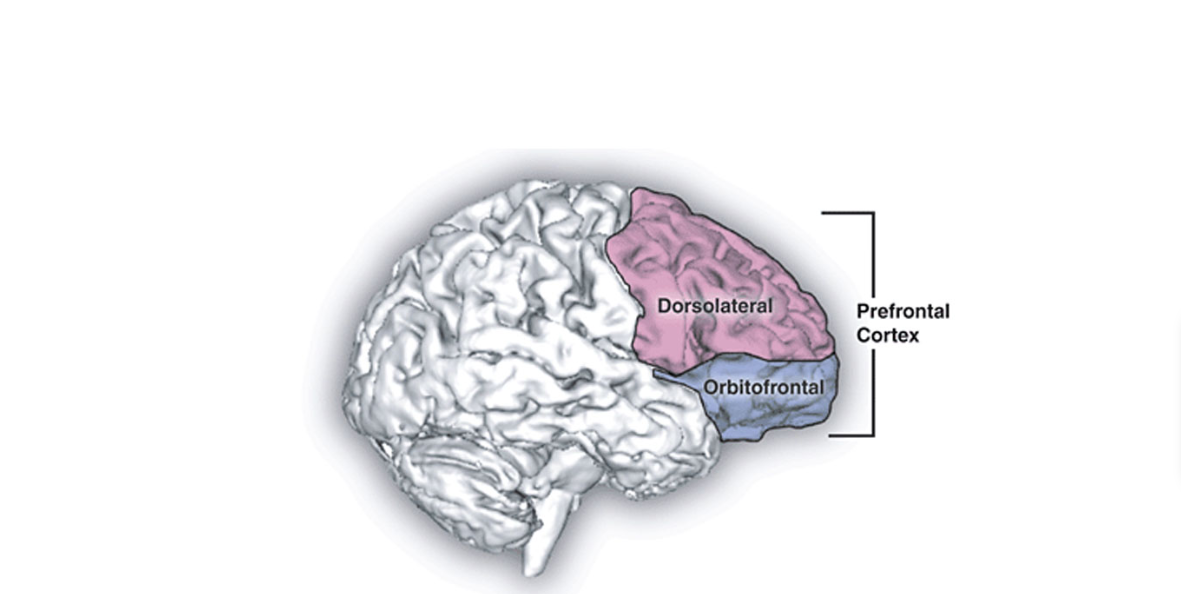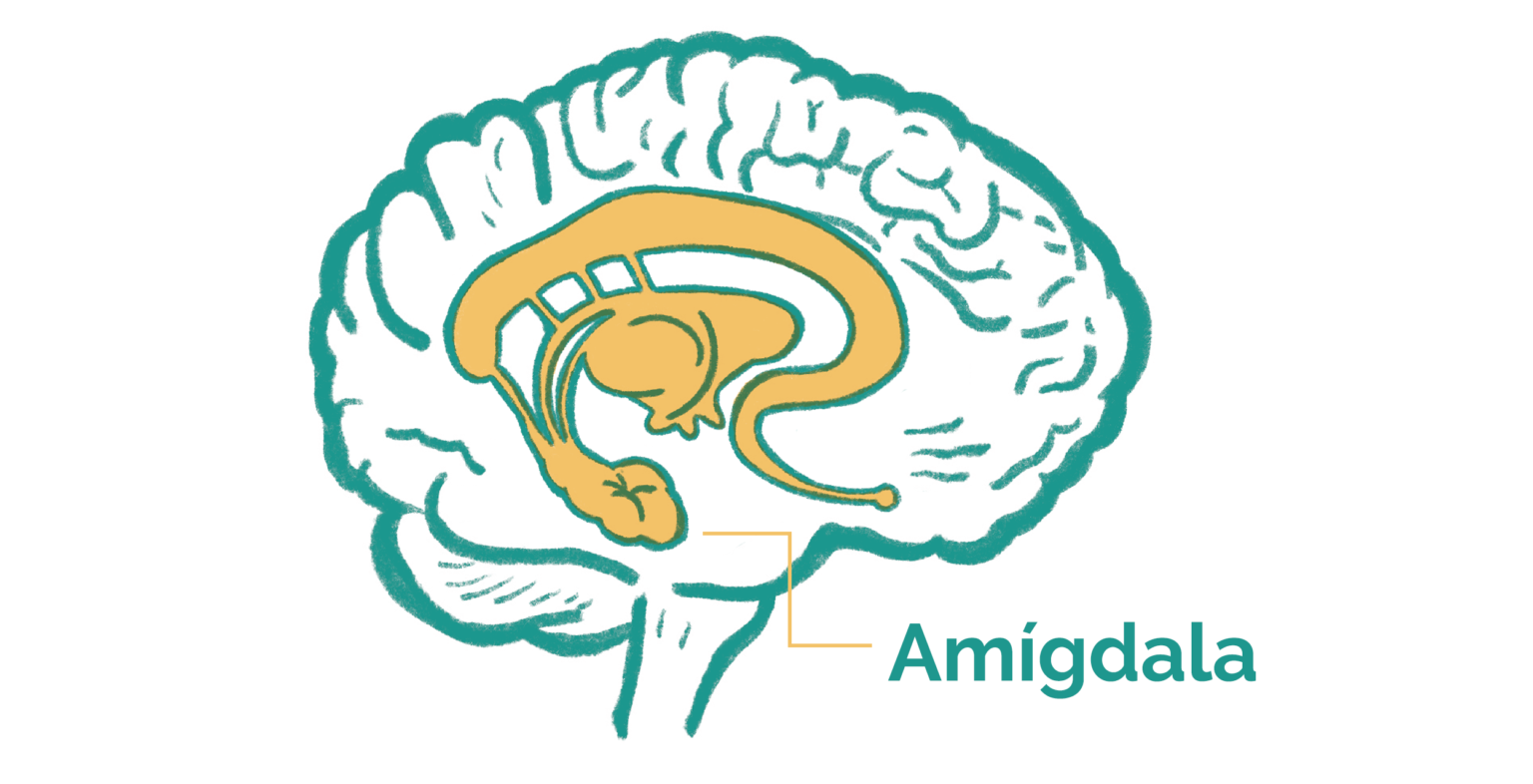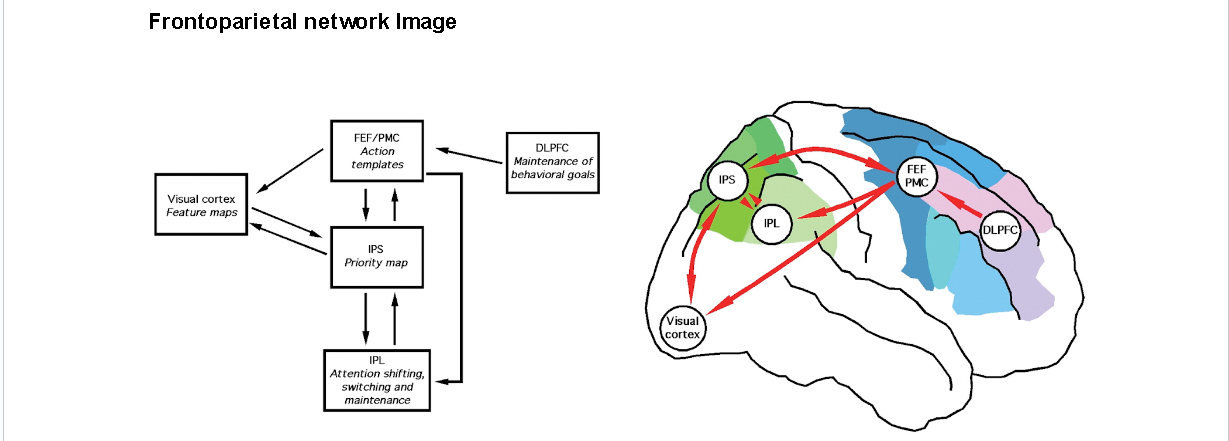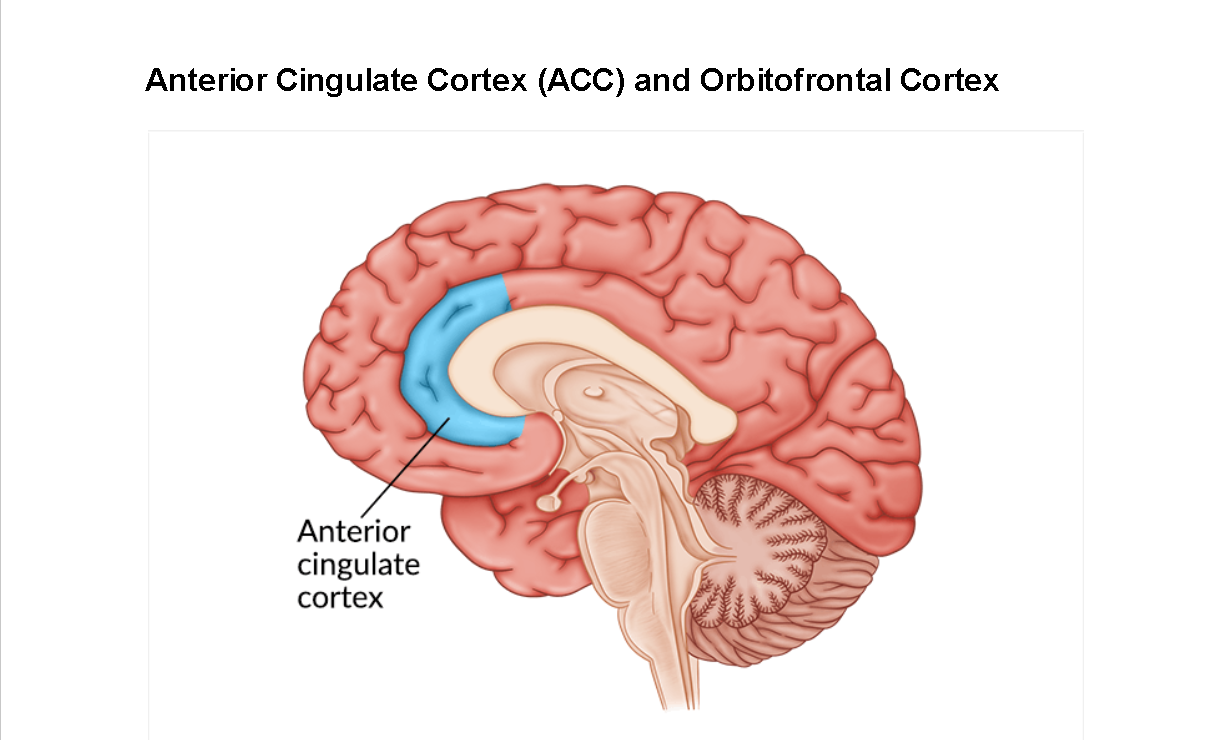3 min read
ADHD-Friendly Guide: How to Pay Less Taxes in 2024
Introduction Welcome to our latest discussion on a topic that affects us all - taxes. Today, we delve into the intricate world of tax reduction,...
9 min read
David DeWitt, CFP®
:
Jan 12, 2024 5:30:00 PM
Welcome to a deep dive into the complex world of ADHD and its impact on financial decision-making. For those living with ADHD, the daily challenges can often feel overwhelming, especially when it comes to navigating the intricate realm of finances. Our brains, unique in their wiring, can sometimes feel like a 'hot mess,' making even simple decisions feel like monumental tasks. Today, we embark on an insightful journey, exploring the intricacies of the ADHD brain and its relationship with financial decision-making.
The ADHD brain is a unique landscape, marked by its distinctive way of processing information. This difference becomes particularly evident when faced with decisions, big or small. Take, for instance, the seemingly straightforward task of choosing an outfit for the day. For someone with ADHD, this can spiral into a frustrating ordeal, marked by indecision and stress, reflecting the broader challenges faced in more complex scenarios like financial planning.
Making decisions, particularly complex financial ones requires juggling numerous variables and potential outcomes. This can be a daunting task for the ADHD brain, which may struggle with organizing and processing these layers of information effectively. The result? A decision-making process that feels chaotic, inconsistent, and often, impulsive.
Academic research, including a comprehensive review by Edmund J. Sonuga-Barke, Samuele Cortese, Graeme Fairchild, and Argyris Stringaris, provides a deeper understanding of ADHD's impact on decision-making. Their study explores the neuropsychological processes and neurobiological mechanisms in ADHD, offering insights into how this condition affects decision-making, especially in complex scenarios like financial planning. This research is critical in understanding the unique challenges faced by individuals with ADHD, highlighting the need for tailored strategies in managing such tasks.
According to these researchers, ADHD is characterized by alterations in multiple brain systems. These alterations disrupt various cognitive processes such as self-referential thinking (pondering about oneself), executive functioning, and reinforcement processes (solidifying thoughts). The interplay of these disrupted systems leads to a pattern of decision-making that is often deficient, inefficient, and impulsively skewed toward immediate gratification over long-term rewards.
One critical aspect to understand is the role of the Default Mode Network. This network, comprising various brain regions, becomes active when we're at rest, daydreaming, or engaged in reflective thinking. For individuals with ADHD, however, this network functions differently.
In ADHD, there's a disrupted connectivity within the Dreaming Mode Network. This disruption hampers the ability to project oneself into the future and consider long-term consequences effectively. While imagining the future, people with ADHD might envision an idealized, unrealistic scenario, overlooking the practical steps and realistic outcomes. This disconnect significantly affects financial decision-making, where considering future consequences and outcomes is crucial.
Let's consider Jordan, who recently received a raise and now faces a decision: should he allocate the extra funds towards mortgage payments or investing? This should be a straightforward decision, involving a comparison of pros and cons. However, for Jordan, the process is anything but simple.
Jordan attempts to logically approach the decision by creating a spreadsheet listing the advantages and disadvantages of each option. But his mind wanders incessantly. Despite his best efforts to stay task-focused, his thoughts drift, and he finds himself trapped in a cycle of reflective anxiety. This oscillation between task-focused and daydreaming modes is a hallmark of ADHD, making sustained concentration and decision-making extremely challenging.
Jordan's experience illustrates a typical ADHD challenge: the constant mental shifting makes it difficult to maintain focus on the task at hand. This mental wandering is not just a minor inconvenience; it's a significant barrier that impedes the ability to make well-informed financial decisions.
.jpg?width=1021&height=613&name=fnhum-16-933718-g001%20(1).jpg)
The research indicates that the ventral frontostriatal circuit is crucial for evaluating the value or utility of various options. In individuals with ADHD, impairments in this circuit may hinder their ability to assess and prioritize different choices effectively. This challenge is particularly evident in situations requiring the evaluation of multiple options, each with unique variables and outcomes. Such impairments can lead to difficulties in decision-making, especially in complex scenarios like financial planning, where weighing different options is key.
A notable consequence of this impairment is a pronounced preference for immediate rewards. This tendency stems from the brain's struggle to reinforce the value of long-term rewards. For someone with ADHD, understanding and committing to the optimal long-term choice is complicated by an emotional disconnect. There's often a lack of emotional resonance with the decision that intellectually seems right, leading to a reliance on what feels immediately gratifying.
Our character, Jordan, exemplifies this struggle. Tasked with deciding how to use his extra income, Jordan tries to focus on the long-term benefits of paying off his mortgage or investing the money. However, he finds himself irresistibly drawn to the idea of spending the money on a vacation. Despite his efforts to make a financially sound decision, the immediate emotional reward of a vacation overshadows the less tangible benefits of financial security or investment growth.
Jordan's experience highlights a common issue for many with ADHD: the overpowering allure of instant gratification. The emotional pull of immediate pleasure often outweighs the rational understanding of future benefits. This imbalance can lead to choices that prioritize short-term enjoyment over long-term stability and growth.
This scenario is not just about poor decision-making; it's about understanding the emotional mechanisms at play in the ADHD brain. The lack of emotional connection to long-term benefits makes it challenging for individuals with ADHD to fully comprehend and act on the more prudent, future-oriented choices.

In our continued exploration of the ADHD brain and its impact on financial decision-making, we focus on the medial prefrontal cortex and the dorsolateral prefrontal cortex. These areas are critical for higher-order executive functions like planning, decision-making, and moderating social behavior. Their connectivity, or lack thereof, with the default mode network, plays a significant role in the decision-making challenges faced by individuals with ADHD.
A key issue identified in the research is the disconnectivity between these prefrontal regions and the default mode network. This disconnection leads to difficulties in consistently generating and implementing plans. For someone with ADHD, even the initial stages of plan formulation can be daunting, let alone executing them, unless there is an intense focus or stimulation involved.
Consider Jordan, who, after much deliberation, decides to invest his extra income. However, he soon finds himself caught in a loop of second-guessing. The continuous back-and-forth between investing and paying off his mortgage showcases the inconsistency typical of ADHD decision-making. His prefrontal cortex, responsible for firm decision-making, seems to be playing tricks on him, never quite allowing a sense of certainty or commitment.
Jordan's experience illustrates the internal tug-of-war happening within the ADHD brain. A small doubt or distraction can entirely derail a decision, leading to a cycle of uncertainty and anxiety. This inconsistency is not a matter of simple indecisiveness; it is a deeper cognitive struggle rooted in the brain's wiring.

The amygdala is often referred to as the emotional center of the brain, particularly attuned to feelings like fear and pleasure. In individuals with ADHD, research has shown that the amygdala can be overactive. This heightened activity makes them more sensitive to delays and more inclined towards immediate rewards. This sensitivity often results in quick, impulsive reactions that may not always lead to the best outcomes.
Consider Jordan's situation. He is torn between investing his extra income for long-term gains or using it for mortgage payments. The thought of waiting years to reap the benefits of these actions causes him significant anxiety. This anxiety is a direct result of his overactive amygdala, which amplifies his sensitivity to the delay in rewards.
Jordan's impulsivity, fueled by his overactive amygdala, leads to a cycle of unease and poor decision-making. Despite understanding the intellectual merit of investing or making extra mortgage payments, the emotional unease and fear associated with the long wait and the market fluctuations overwhelm him. This emotional turmoil often results in him diverting his funds to more immediate, albeit less beneficial, purchases.
The amygdala's overactivity in Jordan's brain makes the appeal of immediate gratification almost irresistible. This could manifest in choices like buying a new gadget that promises instant benefits, rather than investing in long-term financial stability. The emotional response overpowers rational decision-making, leading to choices that are misaligned with his long-term financial goals.

The research underscores the importance of the frontostriatal and frontoparietal circuits in executive functions crucial for ADHD management. These circuits are integral in attention regulation, impulse control, and planning. Dysfunctions in these circuits can lead to decision-making challenges, particularly affecting processing speed and efficiency. Such impairments are crucial in understanding the complexities of ADHD, especially in contexts that require sustained attention and strategic planning.
In the context of ADHD, the frontostriatal and frontoparietal circuits often show challenges in maintaining attention and focus. Research suggests that this difficulty is exacerbated by the interaction with the default mode network. This network, typically active during rest or daydreaming, can intrude upon task-focused activities, leading to attentional lapses. The interplay between these networks in ADHD can contribute to difficulty in sustaining attention on tasks and a tendency to shift towards a more introspective or daydreaming state.
In our continuous journey through the complexities of ADHD and financial decision-making, we now examine the roles of the anterior cingulate cortex (ACC) and the orbital frontal cortex (OFC). These brain regions play pivotal roles in error detection, emotional regulation, decision-making, and reward processing. Their interaction, or lack thereof, can significantly impact the ability to learn from experiences and make sound financial decisions.

The ACC is integral in functions like identifying mistakes and regulating emotions. It alerts us when a decision may not align with our goals or when something seems amiss. In individuals with ADHD, this error-detection mechanism can be less effective, leading to misaligned decisions.
The OFC, on the other hand, is crucial in weighing the pros and cons of a decision, particularly in terms of reward processing. It helps in determining the long-term value of choices and aligning them with overarching goals.
When these two areas fail to communicate effectively, as often seen in ADHD, it undermines the ability to learn from prediction errors — the discrepancy between expected and actual outcomes. This communication breakdown can significantly degrade decision-making processes, especially in financial contexts.
Let's revisit Jordan, who now faces the temptation to purchase an expensive neurofeedback device. Ideally, his ACC would flag this purchase as misaligned with his long-term goals. Concurrently, his OFC should weigh the decision against these goals. However, due to the disconnect in communication between these regions, Jordan fails to recognize the error and succumbs to the immediate allure of the purchase.
Normally, the ACC would instill a sense of regret or reinforce savings goals post-purchase, aiding in learning from the mistake. But in Jordan's case, this mechanism is weak. He experiences temporary regret, but it's not potent enough to prevent future similar mistakes. This lack of effective learning and emotional feedback creates a cycle where Jordan feels momentarily satisfied with his impulsive purchases but later struggles with financial stress.
Jordan's repeated cycle of impulsive buying and subsequent financial stress highlights a crucial aspect of ADHD's impact on financial decision-making. The inability to process experiences as learning opportunities due to the impaired interaction between the ACC and OFC leads to repeated patterns of behavior that are detrimental in the long run.
Embracing the Journey: Navigating Financial Decisions with ADHD
As we wrap up this exploration into the ADHD brain and its impact on financial decision-making, it's important to recognize that while we might not have definitive answers to 'fix' the brain's wiring, awareness and understanding are critical first steps. This journey through the neurological aspects of ADHD, while not a comprehensive scientific analysis, serves as an enlightening blend of education and insight.
Understanding the complexities of the ADHD brain - from the frontostriatal circuit's role in decision-making to the emotional impacts of the amygdala - empowers us with knowledge. This awareness, even in its simplest form, can be transformative. Recognizing why you might struggle to choose between two shirts in the morning or grapple with financial decisions can be a moment of clarity. It’s not about self-reproach; it’s about understanding that there are neurological factors at play.
One of the most comforting takeaways from this exploration is the realization that you're not alone in this struggle. The research highlights numerous areas in the brain that contribute to the challenges faced by individuals with ADHD. This understanding can be a source of comfort and a reminder that these difficulties are shared by many.
Financial decisions and management are inherently challenging for those with ADHD. Embracing tools and support systems is crucial. Whether it's consulting with a coach, engaging a financial planner, or finding accountability partners, external support can make a significant difference. These resources can provide the structure and guidance necessary to navigate the financial aspects of life more effectively.
As Ned Hallowell aptly puts it, financial management might not be the most engaging task for someone with ADHD, but it's essential. The goal is to make enough right decisions to balance out the less optimal ones. The decisions you make today can significantly impact your future, especially as you look towards a time when you might want to work less and relax more.
In closing, remember that having ADHD doesn’t define your worth or capabilities. It's a part of your journey, one that requires understanding, strategy, and support. This series aims to provide insight and comfort, helping you realize that while the challenges are real, they are not insurmountable. With the right tools, support, and mindset, you can navigate the complexities of financial decision-making with ADHD. Thank you for joining this exploration, and here's to empowering you with knowledge and strategies for your financial journey.


3 min read
Introduction Welcome to our latest discussion on a topic that affects us all - taxes. Today, we delve into the intricate world of tax reduction,...

In this blog post, we will dive into an essential yet often overlooked aspect of managing finances, especially for those with ADHD. We will be...

2 min read
In a world dominated by consumerism and instant gratification, the pursuit of joy often takes a backseat to the fleeting pleasures of happiness....